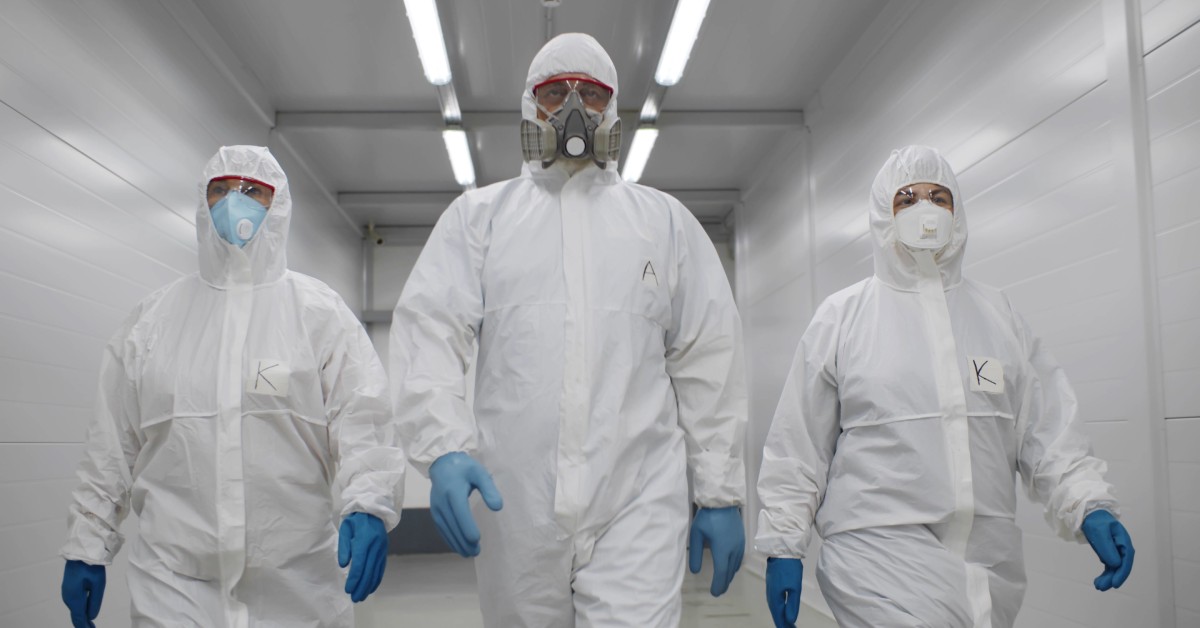
When a traumatic event involving biohazards like blood occurs, the aftermath often requires professional cleanup services to restore the space to a safe, livable condition. However, navigating the payment responsibilities of trauma scene cleanup can add more stress to an already challenging situation. This post will explain who is typically responsible for these costs and provide insights into proper cleanup.
What Does Trauma Scene Cleanup Entail?
Trauma scene cleanup involves removing hazardous materials and sanitizing floors and surfaces until the area is hygienic again. This type of cleanup is often necessary after suicides, unattended deaths, or accidents where biohazards are present. These situations can present serious health risks if not professionally cleaned, such as exposure to diseases or infections.
Who Pays for Cleanup?
The payment responsibilities of trauma scene cleanup vary depending on the circumstances and insurance coverage. Below are the most common scenarios.
Homeowners Insurance
For residential properties, homeowners insurance is often the primary way to cover the costs of trauma scene cleanup. Many policies include provisions for biohazard remediation, particularly when related to accidents, suicides, or homicides on the property. Typically, the policyholder will only need to pay their deductible, and the insurance will handle the rest. Affinity Bio Solutions often works directly with insurance companies to streamline the claims process so families can focus on their emotional well-being instead of financial worries.
Vehicle Insurance
If an incident occurs in a vehicle, the vehicle’s insurance policy may cover cleanup expenses. Comprehensive policies often include these provisions, which can help owners avoid paying out of pocket for decontamination services.
The Property Owner
If the incident occurs on a rental property, the property owner or landlord typically bears responsibility for arranging and paying for the cleanup. Cleanup companies may assist landlords in meeting legal obligations while remaining discreet and respectful.
Victim Assistance Programs
Some states and local governments provide financial aid or reimbursement through victim assistance programs. These funds can help families who lack the financial means or insurance to cover the cost of cleaning assistance after a tragic event. Nonprofits or government resources often administer these programs, so research what benefits are available in your area.
Private Payment
If no insurance or assistance programs are applicable, the financial responsibility may fall on the affected family. Many professional cleanup companies aim to ease this burden by working out affordable payment plans.
Reach Out for Expert Trauma Scene Cleanup Support
Facing the aftermath of a traumatic event is incredibly difficult, and the financial implications only add to the emotional burden. If you need a crime scene cleanup company in Arizona, contact Affinity Bio Solutions. With years of experience in biohazard remediation, our team can clean and sanitize trauma scenes while guiding you through insurance claims. Restoring your space and offering peace of mind is just a call away.
